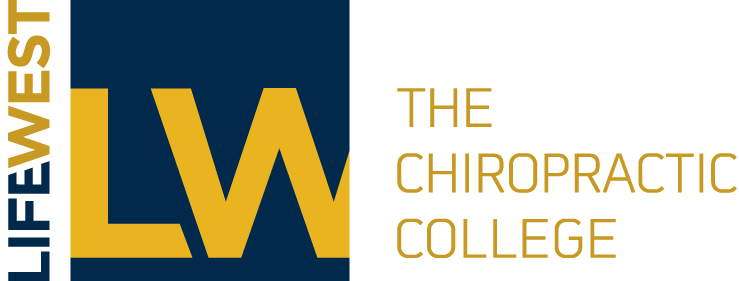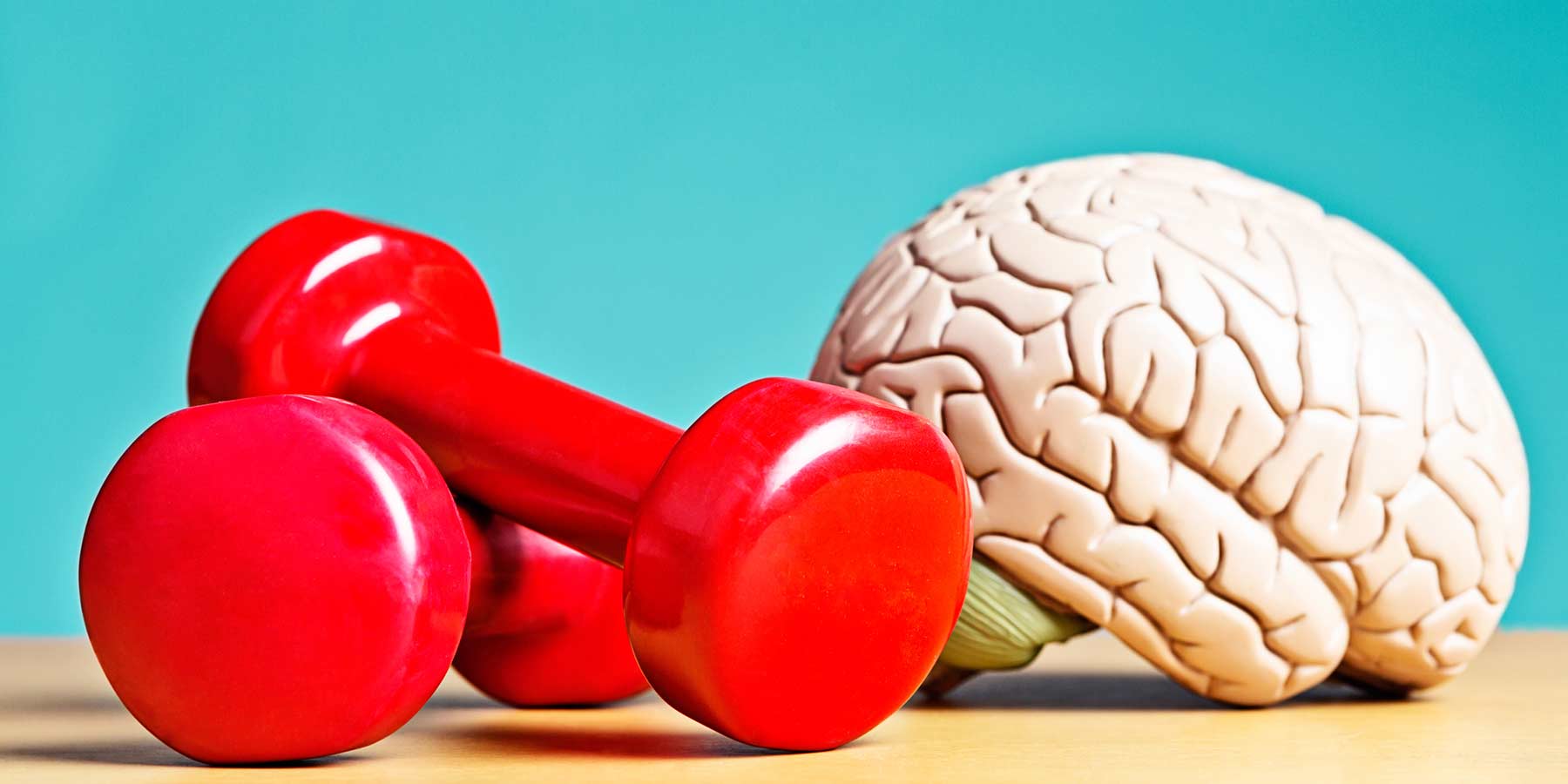Everyone knows movement is good for our bodies, and everyone will agree that exercise throughout our lives is beneficial for our physical health. What about the health of our nervous systems? Is it possible to keep our brains “fit,” well into advancing age? There is a phrase in neuroplasticity that explains what happens if our brains aren’t “properly” exercised. Use it or lose it. It’s such a simple concept with our muscles and easy to understand since most people know by experience that if you stop physical exercise, you will lose cardiovascular fitness, strength, agility, and even mobility. This concept, of course, has had difficulty being accepted in the world today since the brain was thought to be unchangeable for the last century. Mental deterioration is now considered normal and a part of aging when memory, critical thinking and proprioception start to fade in the elderly population. Our bodies do have limitations of matter, but we may have just as many self-inflicted limitations as we do biological.

Rebekka Kuzichev
If something as complex as neurogenesis has the ability to continue throughout our lifetime, then why do so many people tend to lose massive amounts of brain function as they age? The answer lies within a theory, composed by Frederick Gage. He describes our tendency to be complacent with a metaphor. “If we lived in one room only, and this room was our entire experience, we would not need neurogenesis. We would know everything about this environment and could function with all the basic knowledge we have.”1 As we reach middle age and on, the tendency is to become used to a routine. New environments and skills act as exercise to our nervous system and allow it to continue neurogenesis, though once we have fallen into a routine and stop learning, it is no longer necessary to create new pathways. Studies have shown that the more education we have, and the more mentally stimulating activities we engage in, the less chance we have of developing dementia or Alzheimer’s disease.1 However, this does not just mean any activity, the activity must be mentally stimulating. Our brains grow with challenge, and learning something new that takes focus. Some examples of these activities include: playing board games, dancing, reading, learning a new language, or learning a new instrument.
Alternatively, a sedentary lifestyle does not stimulate motor or sensory cortices or challenge the balance system. According to basic neuroplasticity reasoning, immobilization in a stationary environment only speeds up brain decay. Unfortunately, this type of lifestyle is all too common among retirees. With the baby-boomer generation entering into an advanced age, would it not be important to educate our patients on how they can stay proactive with the health and function of their brains? As chiropractors, we play a crucial role among geriatric patients and even middle-aged patients with removing subluxations to ensure the nervous system is functioning at its best. However, almost equally important is the active participation of the patient. The aging adult has one major concern: independence. With loss of brain function due to our lifestyles and views of learning, it is easy for an aging adult to rapidly deteriorate with proprioceptive input, memory, and coordination, all of which are crucial to living independently. Physical exercise and mental exercise throughout our lifetime are critical components to staying proactive in our own brain health to maintain nervous system fitness. Though learning may be more of a challenge in older adults with the natural shifting of lessened brain function, constantly being exposed to learning new things is one of the keys to maintaining mental health and acuity. This leaves our own fates in our own hands: if you don’t use it, you will lose it.
This article first appeared in the March 2020 issue of Lifelines, the Life West student magazine.
Resources
- Doidge, N. (2007) The Brain that Changes itself: Stories of personal Triumph from the Frontiers of Brain Science. Viking Publisher pp 251-256.


